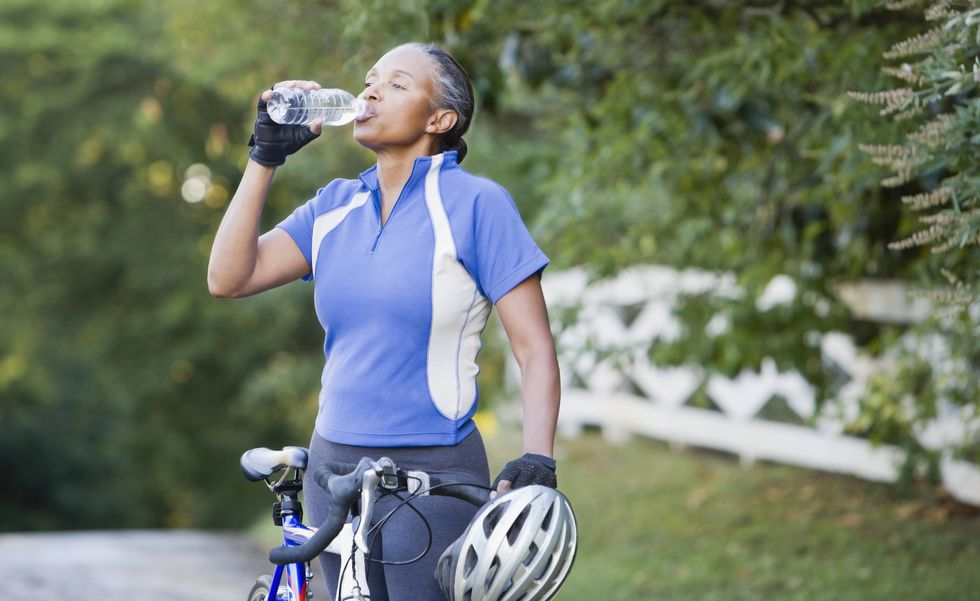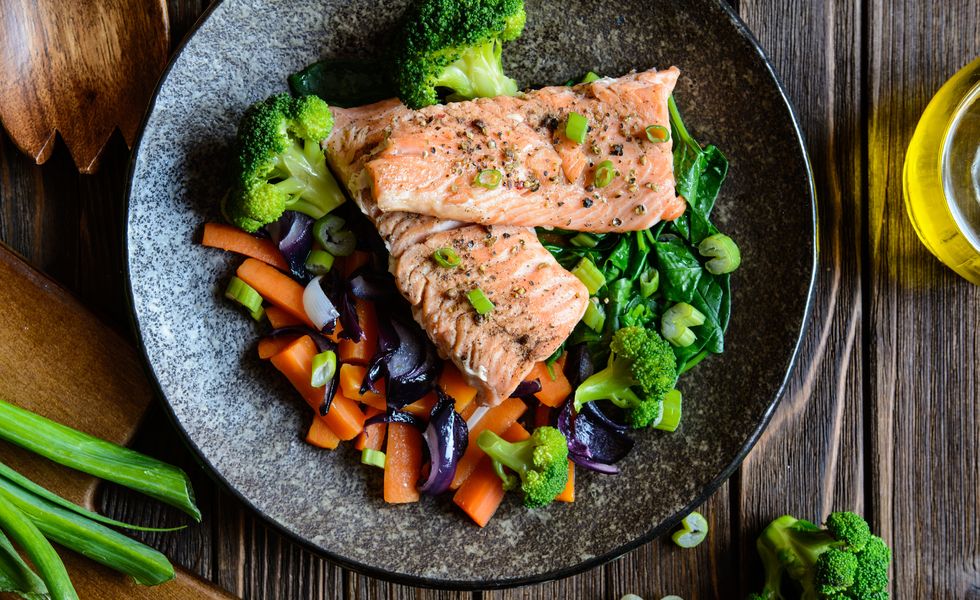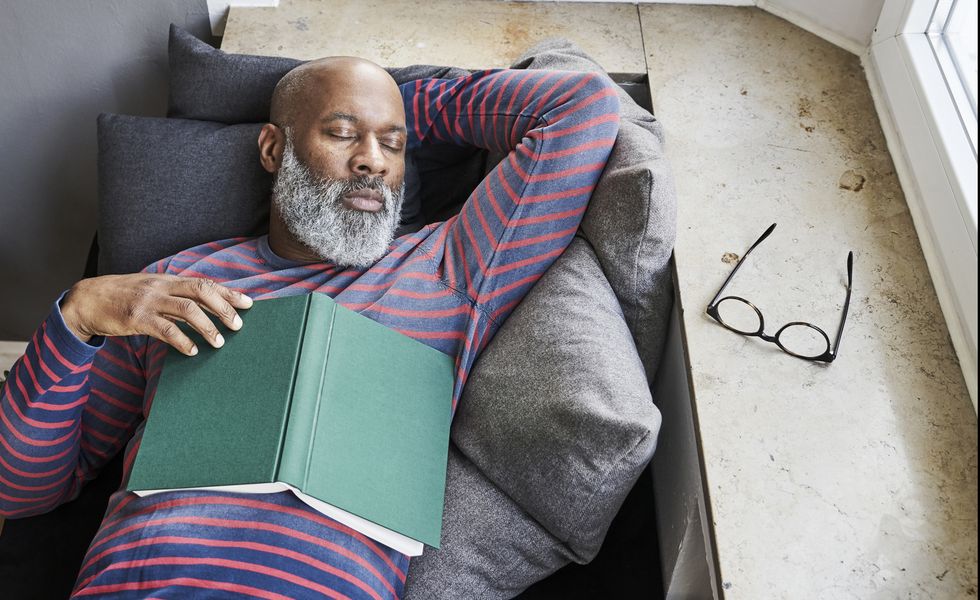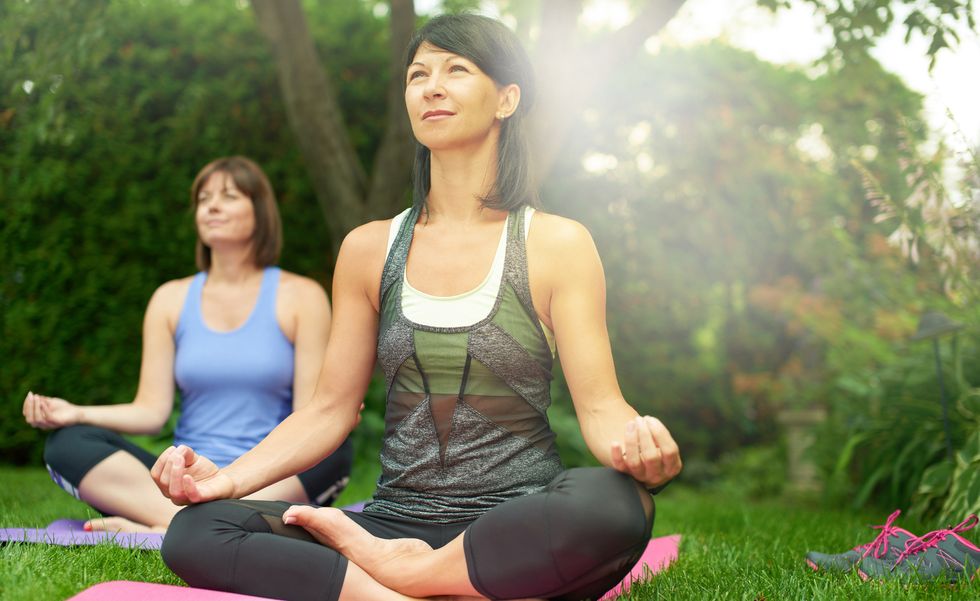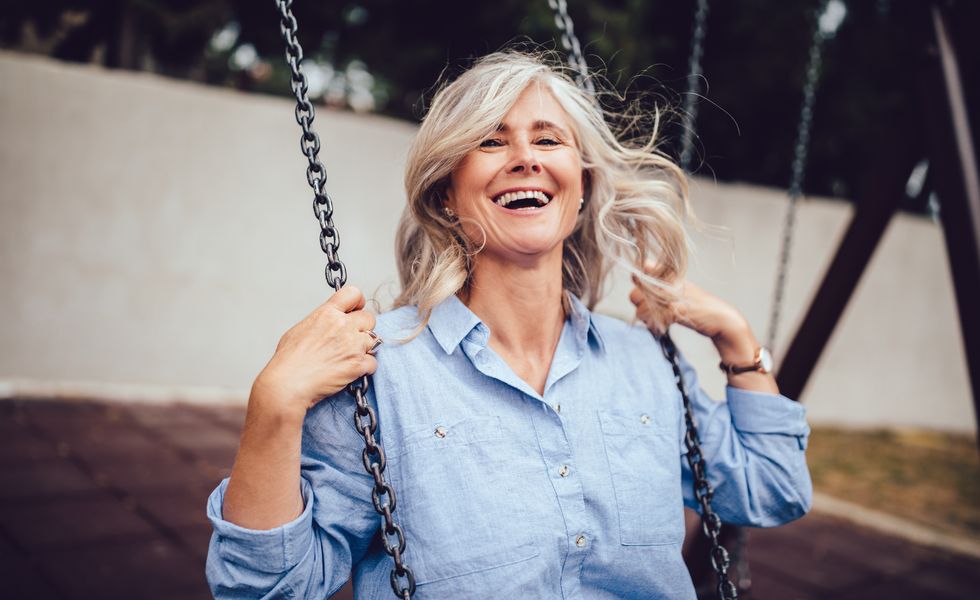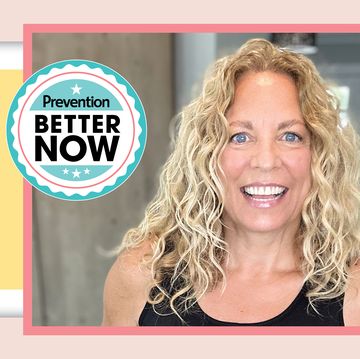7 Science-Backed Ways to Stay Healthy As You Age
These simple habits can have a major payoff.
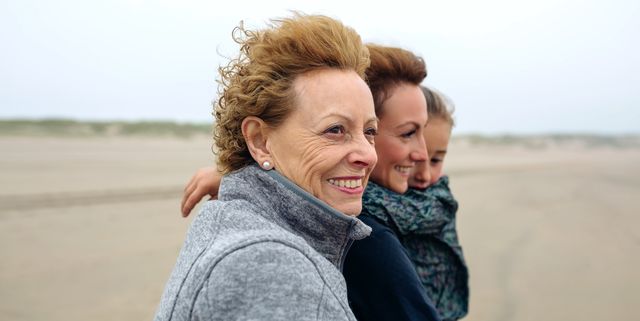
Once upon a time, staying healthy meant eating some veggies and, well, pretty much nothing else. But with each passing decade, the risk for injuries and chronic illnesses increase, and wellness starts to take a little more work.
The good news? There are plenty of things you can do to keep feeling like your best and doing the things you enjoy. Here, seven that are worth integrating into your regular routine.

Marygrace Taylor is a health and wellness writer for Prevention, Parade, Women’s Health, Redbook, and others. She’s also the co-author of Prevention’s Eat Clean, Stay Lean: The Diet and Prevention’s Mediterranean Kitchen. Visit her at marygracetaylor.com.
Watch Next

Advertisement - Continue Reading Below

Sarah Paulson Opens Up About Botox, Filler

Bobbi Brown’s Travel Essentials

How Martha Stewart Stays Healthy and Vibrant at 82

Demi Moore, Kelly Ripa Open Up About ‘Loose Skin’
Advertisement - Continue Reading Below
Advertisement - Continue Reading Below

